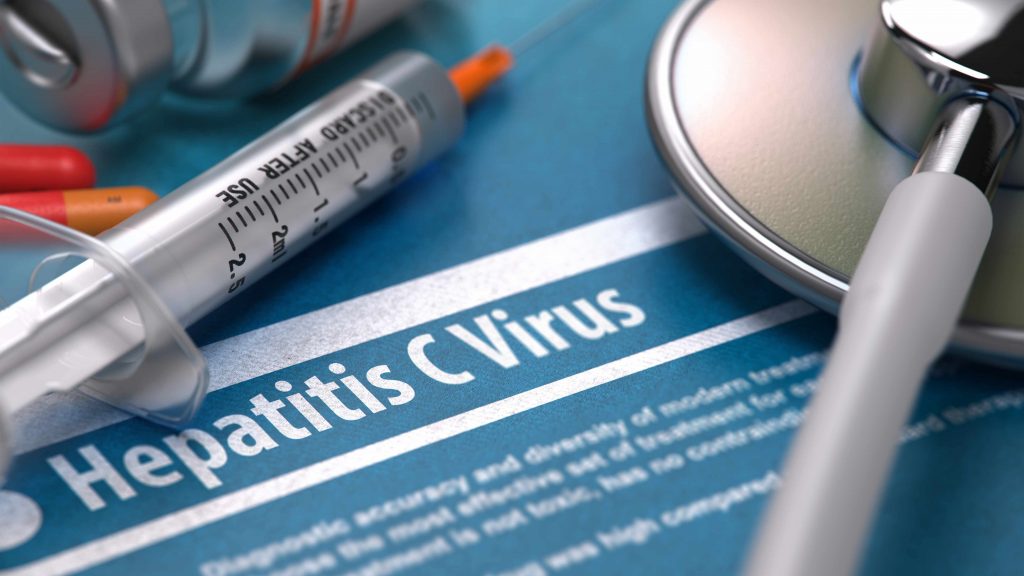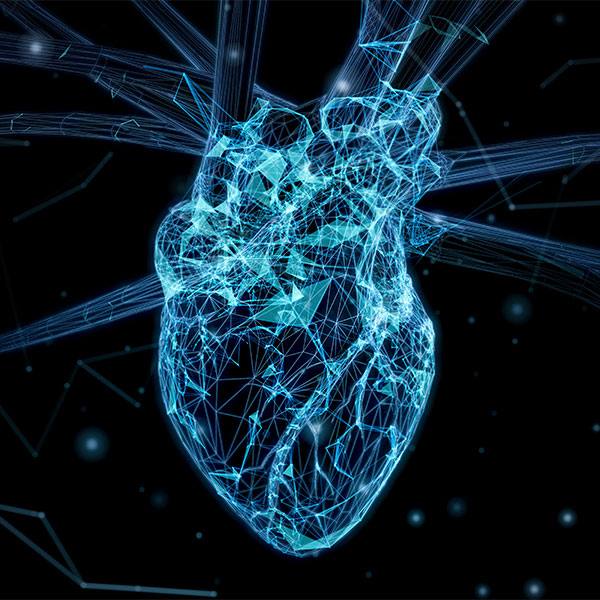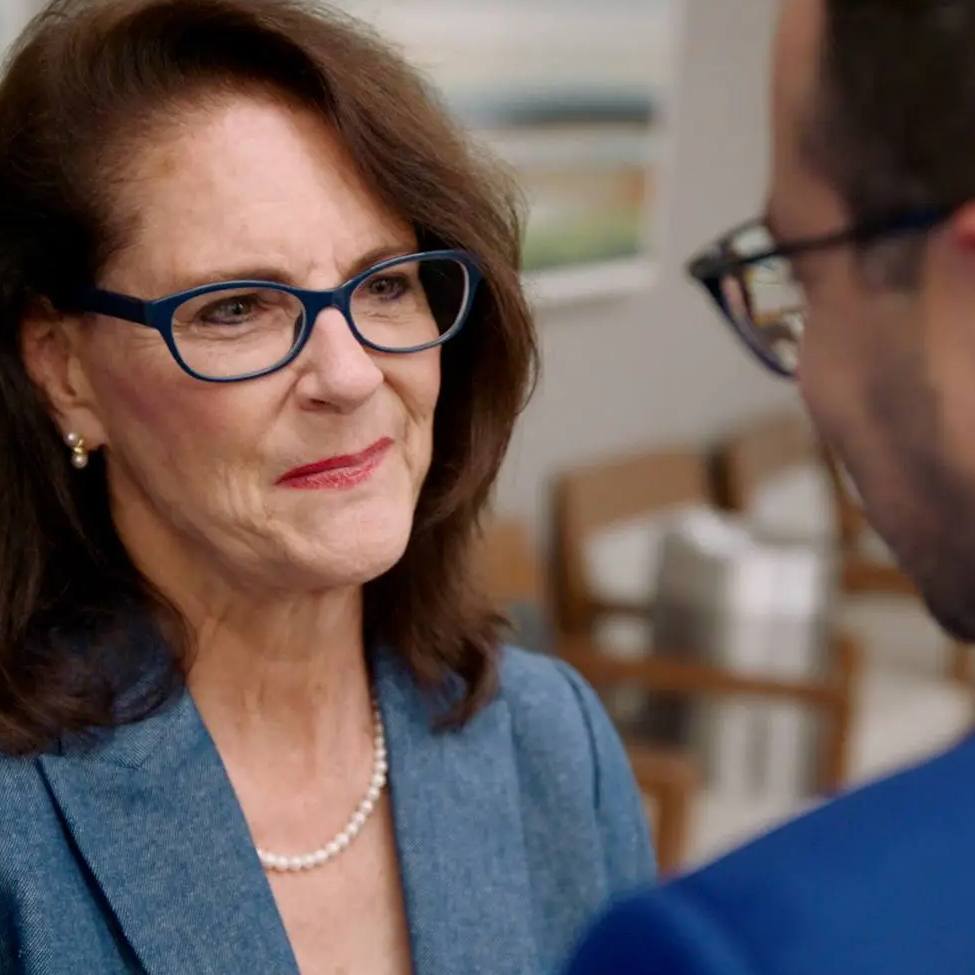
Hepatitis C infections tripled in the U.S. from –2009–18, prompting the Centers for Disease Control and Prevention (CDC) to update screening recommendations that include all adults and pregnant women. This increase is especially concerning, since people who have existing chronic medical issues may be at higher risk of serious illness from COVID-19.
"Hepatitis C is another RNA virus, actually not that different from coronavirus in some ways," says Dr. Stacey Rizza, a Mayo Clinic infectious diseases specialist. "It behaves very differently in humans, and it is a different virus. But anybody who has a chronic medical condition would be at greater risk of having a severe reaction to the coronavirus."
Watch: Dr. Stacey Rizza talks about hepatitis C and COVID-19
Journalists: Sound bites with Dr. Stacey Rizza are in the downloads at the end of the post. Please courtesy "Stacey Rizza M.D. / Infectious Diseases / Mayo Clinic."
Hepatitis C is a viral infection that can cause liver inflammation. The virus spreads through contaminated blood. Left untreated, it can lead to serious liver damage.
"If somebody has hepatitis C with end-stage liver disease, they could be more at risk of having a bad reaction to the virus that causes COVID-19. If somebody has good liver function and is asymptomatic for hepatitis C, then at this point we don’t know that there should be anything different from those who do not have hepatitis C infection," says Dr. Rizza.
"We do know that hepatitis C virus has caused all sorts of early research for developing drugs, and now we are very fortunate to have outstanding drugs available for hepatitis C. Due to that research — and this is true for all medical research — we learn to treat other diseases as well."
Current treatment for hepatitis C is the use of antiviral medications that help clear the virus from body. These oral medications cure up to 90% of hepatitis infections with few side effects.
"We learn science. We learn virology. We learn immunology that can help inform other things that happen later. And some of the science, the immunology, the virology we’ve learned from hepatitis C are helping inform some of the new developments or understanding of coronavirus. We are fortunate that the scientific community has had at least some of that science to work from," says Dr. Rizza.
Related posts:
__________________________________________
For the latest updates on the COVID-19 pandemic, check the Centers for Disease Control and Prevention website. For more information and COVID-19 coverage, go to the Mayo Clinic News Network and mayoclinic.org.







